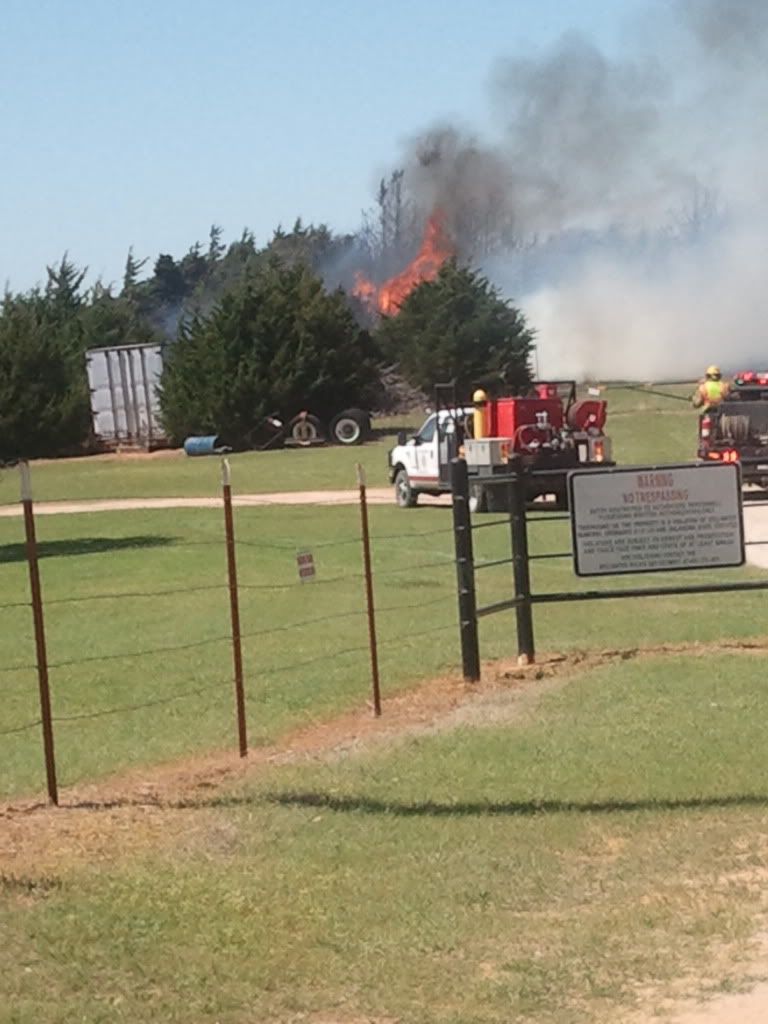Re: Give Me A Break. Could It Be More Obvious?
Adding energy to copper creates heat...over load an extention cord and it gets hot, sometimes hot enough to ignite the wire's insulation, and thus the room that contains it. Rapidly bend a piece of copper back and forth until it breaks, or hammer flat a piece of copper on an anvil, and the molecular friction created will cause the copper to get hot, sometimes hot enough to burn skin.
Copper will burn. The easiest way to see this, and in the form of "sparks", is add energy by shorting out copper wires with an electrical impulse the wires can't handle. The sparks you see are not some magical form of eletrical mystery, they are hot, burning pieces of copper flying in all directions.
Copper is a major component in welding processes, the mig wire I use at work contains copper, if you've ever mig welded then you know all about welding sparks. My plant is full of robotic spot welders. Spot welder tips are copper, need to be "dressed" every so often to clean off the oxidation, and are consumable to the point of being replaced several times during a day's production. Sparks launching from the robots on nearly every weld they make is a common scene all across the floor of the shop. The composition of these sparks certainly contains some of the steel base metal being welded, but even with simple common sense knowledge that the copper electrodes degrade rapidly, it's evident that the sparks would also contain copper.
The root of this discussion is energy; electrical energy wih the welding and the over loaded extention cord creating heat, mechanical energy creating friction heat in the rapidly bent copper, and kinetic energy creating heat in the hammered flat copper. Kinetic energy is what we have with a bullet striking something hard enough to make a "spark".
The faster the energy is created, the more concentrated the heat is, the more visable the reation is....as in "spark". A bullet impacting rock or steel is moving fast enough to create enough kinetic energy to cause something to burn, as in "spark", beit part of the bullet, part of the target, or a combination of both. True, you won't get a "spark" if you replace your flint/steel with flint/copper under normal fire starting protocol, and you can whack the side of your pickup truck with a copper pipe and it wont spark, but you seriously lack the ability to create enough energy.
As with anything though, you would need the right combination of conditions and events to get a "spark" from a bullet. Since it is actually the combustion of the bullet/target it stands to reason you would need a high enough velocity to initiate enough heat, and you would need dry enough conditions to allow the burn to take place. Obviously a low velocity hit under damp conditions likely wont produce any "sparks".

